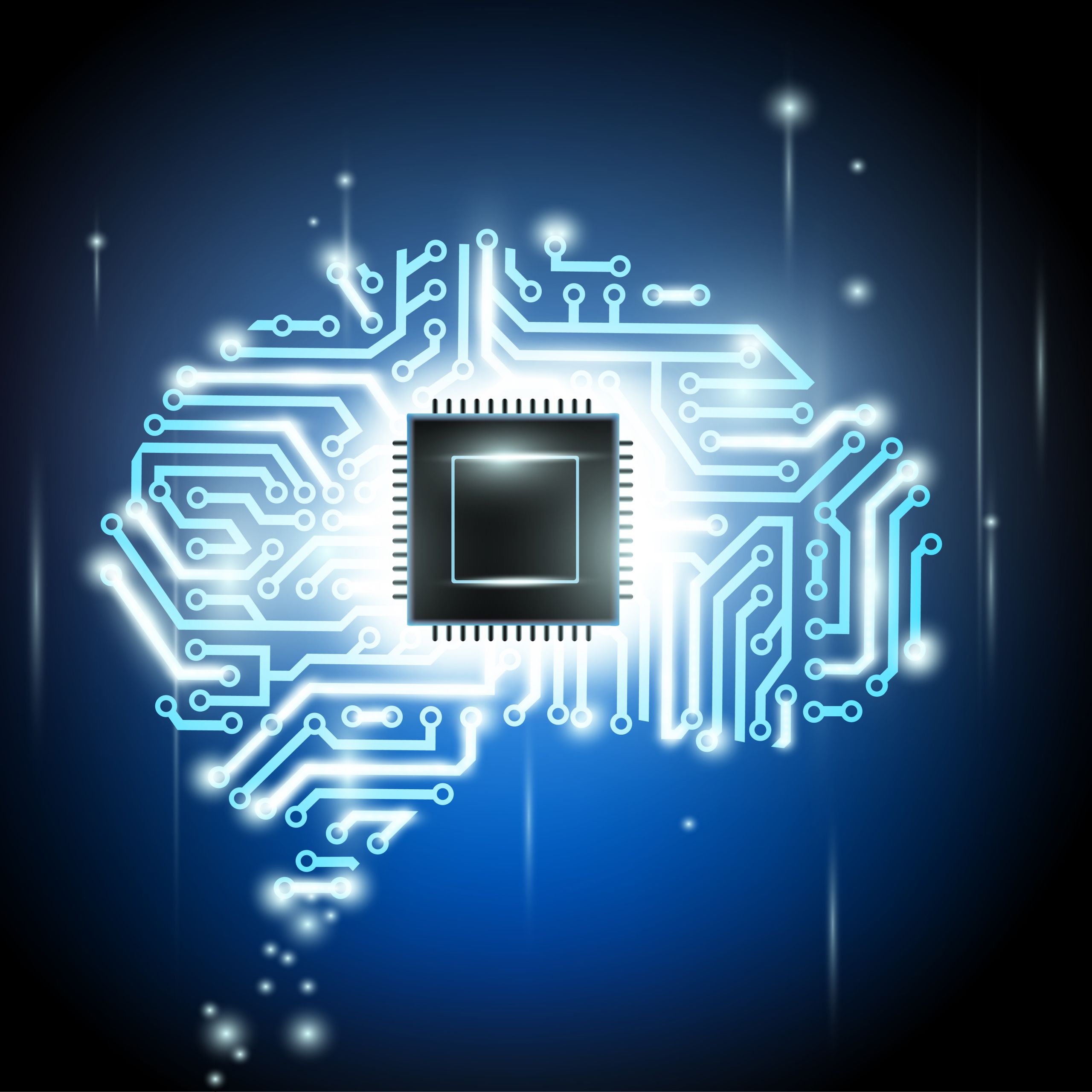It’s an interesting, difficult and controversial concept. On one side there are incredible, wonderful, life changing, life-saving possibilities, yet on the other there are awful, terrifying, life changing, life-ruining possibilities. These are only a handful of the descriptors that could be used to label machine learning. Machine learning is a method in which computers are given algorithms which are then fed data, of which they are to learn from. In his TedTalk, The Wonderful and Terrifying Implications of Computers That Can Learn, Jeremy Howard describes Arthur Samuel as “the father of machine learning.” Samuel once referred to machine learning as a “field of study that gives computers the ability to learn without being explicitly programmed,” which is relatively comparable to how humans learn. So unlike preceding years of technology in which computers read the code they were provided with, executed the task, and produced the desired results, computers are now evolving and are beginning to actually learn through seeing and reading, just like we have been doing since we were born.
So computers are now learning, but how? They do it through an algorithm called “deep learning” which is inspired and designed by how the human brain works. Howard continues to elaborate on how deep learning functions when he states, “as a result it’s an algorithm which has no theoretical limitations on what it can do. The more data you give it and the more computation time you give it, the better it gets.” It is amazing how almost naturally this deep learning algorithm works in it truly does function almost like the human brain through receiving, processing, and understanding more and more complicated subjects as time goes on. It is clear that deep learning is nothing short of extraordinary. The fact that humans could create something of this magnitude might be even more extraordinary. However, I raise the question of have we have created something that is designed around our own genius that will in some time take over as the superior? The human brain and mind is truly remarkable and continues to evolve and become smarter and more sophisticated; however, natural evolution takes time and individuals only last so long on this earth. This algorithm, or deep learning, has evolved so rapidly and is already showing signs of actually performing better at certain tasks than humans that I can only wonder how long will it take before these artificial intelligences begin to interject themselves into our daily lives, swing our economies, and change the world as we know it? These algorithms do not die, and unless they are purposely destroyed they will only continue getting better and better. Howard expands upon these ideas when he states, “the better computers get at intellectual activities, the more they can build better computers to be better at intellectual capabilities, so this is going to be a kind of change that the world has actually never experienced before, so your previous understanding of what’s possible is different.”
I think what we have here is a double edged sword. We can trace this back to paralleled sets of contradictory words that were used to describe machine learning in the beginning of this piece. For example, the advances that machine learning has the potential to make in the medical field in terms of giving more accurate prognoses could be life-saving. Machine learning is already beginning to change the way we get from place to place through self-driving cars that are not only convenient, but are being called safer than human-driven cars. There is an abundance of things that this world could benefit from through the development and capabilities of machine learning; however, there are definitely some negatives that could come out of it as well. In his talk, Howard refers to the fact that over eighty percent of the world’s employment opportunities are within services. He then continues to say, “so 80 percent of what the world’s employment in the developed world is stuff that computers have just learned how to do.” If computers have the ability to do what the majority of people in the developed world do for a living, then what happens next? This is the discussion that Howard insists we begin to have right now. We must begin this discussion before we start a cycle of replacing humans with computers. We have to begin planning our next move, whether it is how are we going to create new jobs for those who are being replaced or maybe, just maybe we need to consider halting the machine learning movement all together for a bit so that we can catch back up to what we have created. While the latter is unlikely, we must respect the fact that people are going to need a source of income, and they cannot obtain that if a computer has the same capabilities as they do and there are no other jobs. Howard closed his talk on, “so now is the time to start thinking about how we’re going to adjust our social structures and economic structures to be aware of this new reality,” and I agree with him. The conversation needs to start now.
